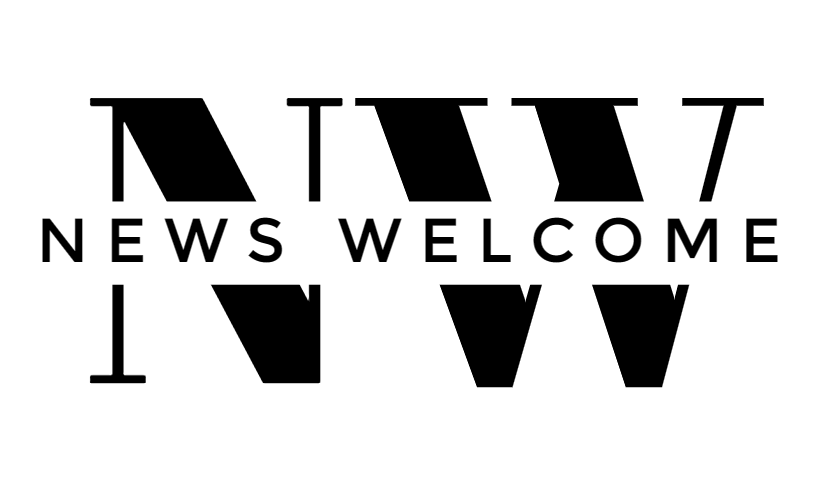The Ethereum Protocol Fellowship (EPF), initiated by core developer Piper Merriam, aims to significantly lower the hurdles for developers interested in Ethereum’s core protocol. With a mission statement suggesting the door is “comically wide open,” the EPF is more than just an invitation; it’s a pathway for developers to contribute to the Ethereum ecosystem.
A New Chapter: Introducing the EPF Study Group
The Ethereum Protocol Fellowship (EPF), a beacon for aspiring Ethereum core developers, announces an innovative approach to demystifying Ethereum’s core protocol complexities through the EPF study group. Aimed at fostering the next generation of developers, this initiative seeks to provide a comprehensive onboarding experience.
Program Highlights
This 10-week educational series serves as a comprehensive introduction to the Ethereum Protocol Fellowship, designed to nurture the next wave of Ethereum core developers and deepen their understanding of the protocol’s intricacies.
- Duration: 10 weeks, from February 19 to April 29
- Accessibility: Open and permissionless
- Commitment: Part-time, free of charge
- Discover more and register on the EPF study group’s official page.
Detailed Program Structure
The program is divided into two phases, with the initial phase offering a general overview of Ethereum’s structure through weekly 90-minute classes. Subsequently, participants can choose to delve deeper into either research or development tracks, each providing specialized knowledge through additional weekly sessions.
Curriculum Highlights
Topics covered will include, but are not limited to:
- Protocol design
- Execution and Consensus layer architecture, specifications, and implementations
- Testing methods and tools
- Current research areas such as Verkle trees, Sharding, MEV, Proof of Stake improvements, and State and history expiry
Each session will feature presentations from current core developers and researchers, supplemented by pre-meeting readings and post-meeting activities to reinforce learning.
Collaborative Knowledge Building
Participants will also engage in developing a comprehensive wiki, acting as an evolving repository of knowledge for both current and future Ethereum developers. This effort emphasizes the importance of documentation and community-driven development in the open-source ecosystem.
Who Should Attend?
The study group is designed for anyone with an interest in Ethereum’s protocol, especially those with a background in computer science, technology, or development. While serving as a precursor to the EPF, the program is beneficial for both novices and experienced individuals looking to deepen their understanding of Ethereum.
Reflecting on the Third Cohort’s Achievements
The third cohort of the EPF concluded in February 2023, was a testament to the program’s impact on the Ethereum ecosystem. Over 4 months, participants immersed in learning, research, and contribution, underlining the importance of nurturing talent for Ethereum’s sustained innovation.
Third Cohort at a Glance
The third installment saw over 600 applications, resulting in 23 selected participants, which eventually grew to 36 contributors, thanks to the program’s permissionless nature. Their engagement with 27 core developer mentors culminated in significant contributions across 20 distinct projects.
Notable Projects and Contributions
| Project | Description |
|---|---|
| 4337 Bundler in Rust | Implement a bundler for EIP-4337 AA as a standalone entity that can work alongside any execution client |
| 4844 CL Client | Contribute to the implementation of EIP-4844 in Lighthouse |
These projects not only facilitated learning but also contributed valuable advancements to the Ethereum ecosystem.
Looking Ahead: The Fourth Cohort
With the successful conclusion of the third cohort, anticipation builds for the fourth installment of the EPF. Prospective participants are encouraged to prepare by deepening their understanding of Ethereum and contributing to open-source projects.

Celine Brooks is a renowned journalist and author specializing in cryptocurrency and blockchain technology. She holds a Master’s degree in Economics from Harvard University and is very passionate about Crypto. Celine regularly hosts webinars and workshops, sharing her insights and forecasts about the evolving digital currency landscape. She is also an active contributor to several leading financial and tech publications, where she breaks down complex crypto trends into understandable insights for everyday investors.

